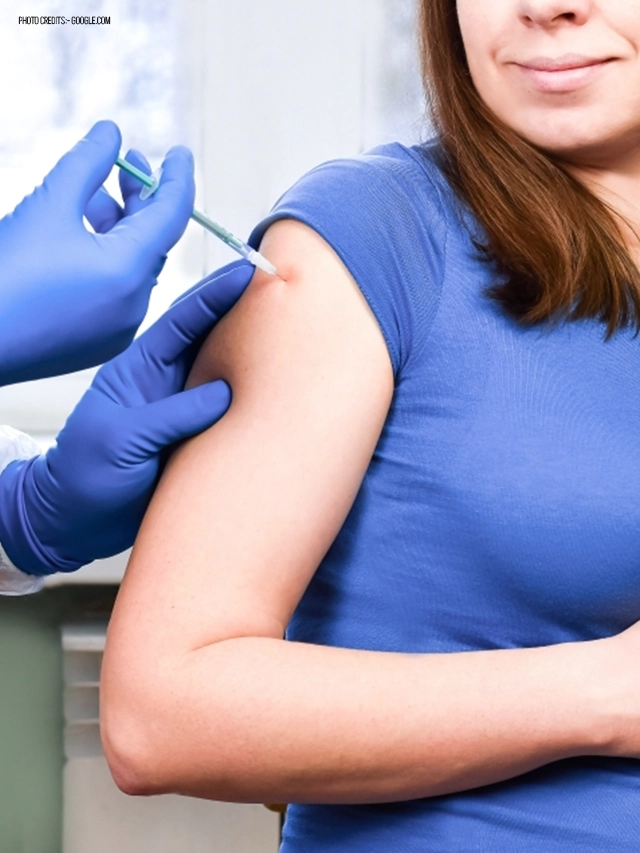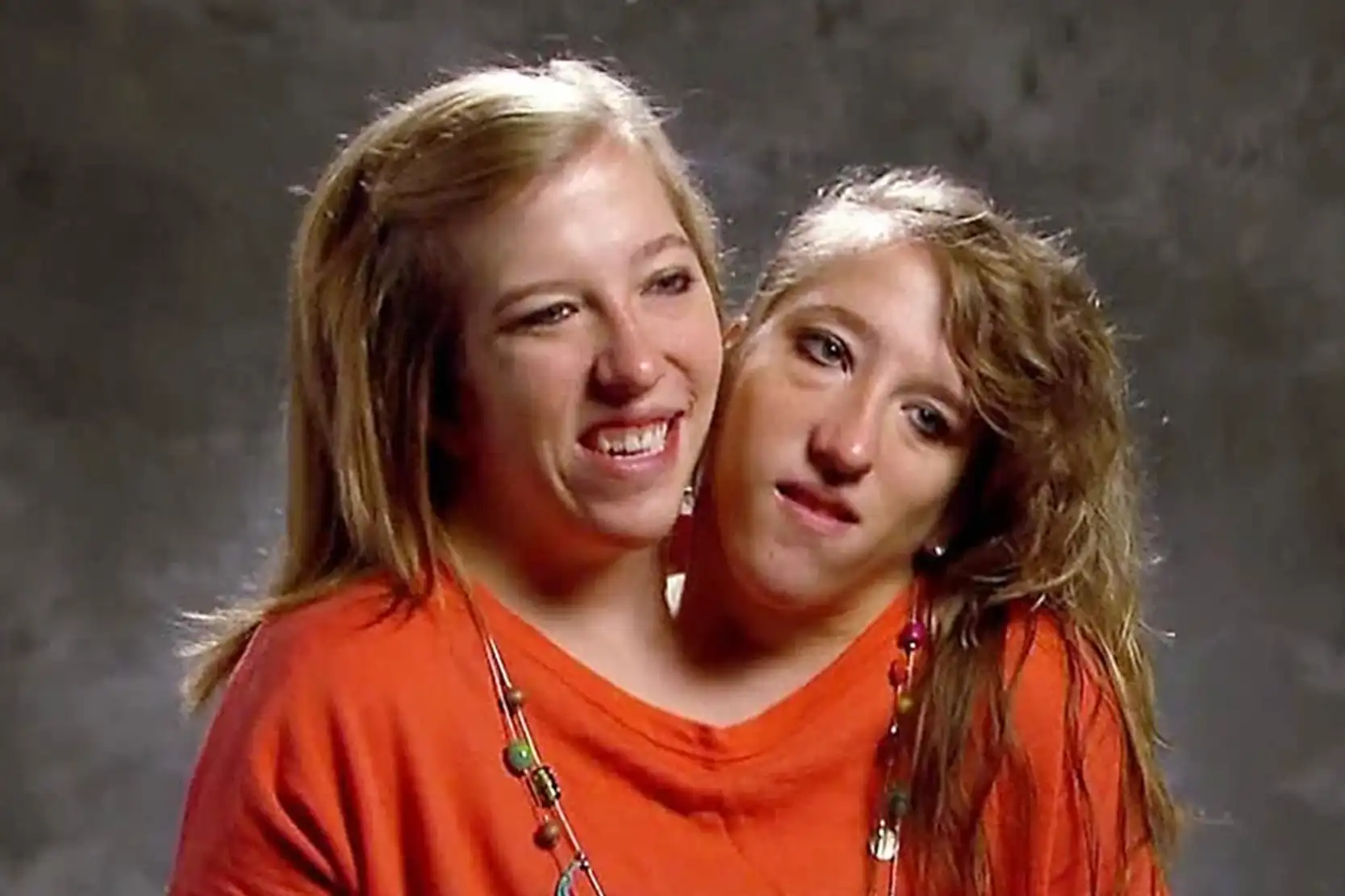
HEALTH BLOG
RSV Vaccine During Pregnancy: Essential Protection for Your Newborn
-
Rahul Priydarss
The RSV vaccine during pregnancy helps protect newborns from Respiratory Syncytial Virus (RSV), a common and potentially dangerous respiratory infection. Administered between 32 and 36 weeks of pregnancy, the vaccine passes protective antibodies from mother to baby, offering immunity for up to six months after birth. It’s safe for both mother and baby, reducing the risk of severe illness during the infant’s most vulnerable early months. Learn more about the benefits, timing, and safety of the RSV vaccine in pregnancy, and how it provides essential protection for newborns during RSV season.
Introduction to RSV Vaccine During Pregnancy:
The RSV vaccine is a critical step in protecting your baby during pregnancy, offering early immunity against Respiratory Syncytial Virus (RSV), a virus that can cause serious respiratory illness in newborns. By receiving the RSV vaccine during your third trimester, you can help ensure your baby is born with vital antibodies to fight off the virus, especially during their most vulnerable first few months. This guide will delve deep into the importance, benefits, timing, and considerations for getting the RSV vaccine while pregnant.
RSV infections can be mild for adults and older children, often presenting as cold-like symptoms. However, for infants, particularly those born prematurely or with underlying health conditions, RSV can lead to severe respiratory illnesses like bronchiolitis and pneumonia. These conditions may require hospitalization and even intensive care. By choosing to get vaccinated, you can significantly reduce the likelihood of your newborn experiencing these complications.
As an experienced health advocate and a mother myself, I understand the importance of feeling informed and empowered during pregnancy. This guide provides comprehensive answers to the most common questions surrounding the RSV vaccine, its safety, timing, and how it protects both you and your baby.
What is RSV Vaccine:
The RSV vaccine is a vaccine designed to protect against Respiratory Syncytial Virus (RSV), a common virus that can cause severe respiratory infections, particularly in infants, young children, and older adults. RSV can lead to serious conditions like bronchiolitis and pneumonia, especially in vulnerable populations such as newborns and those with weakened immune systems. The RSV vaccine, when given during pregnancy, helps transfer protective antibodies from the mother to the baby, providing the newborn with immunity for several months after birth. This early protection is vital, as newborns are most susceptible to severe RSV complications during their first few months of life.

Table of Contents
Why RSV Is It Dangerous for Newborns:
RSV (Respiratory Syncytial Virus) is particularly dangerous for newborns because their immune systems are still developing, making it harder for them to fight off infections. RSV can lead to severe respiratory issues like bronchiolitis and pneumonia, which can cause difficulty breathing, wheezing, and low oxygen levels in newborns. In severe cases, RSV may require hospitalization, and in very rare cases, it can be life-threatening. Newborns, especially those born prematurely or with underlying health conditions, are more vulnerable to complications from RSV, which is why protection through vaccination during pregnancy is so important.
How Does the RSV Vaccine Work During Pregnancy:
The RSV vaccine is designed to stimulate the mother’s immune system to produce antibodies against the virus. When you receive the vaccine during your third trimester of pregnancy, these protective antibodies are passed on to your baby through the placenta. This process, known as passive immunity, ensures that your newborn has a defense against RSV from the moment they are born.
Since infants cannot receive their own RSV vaccines right away—vaccines are typically administered after six months—the antibodies they receive from their vaccinated mothers provide a crucial layer of protection during this time. Studies have shown that the RSV vaccine given during pregnancy can significantly reduce the chances of severe RSV-related illnesses in the first few months of life, reducing the likelihood of hospitalizations and the need for medical interventions.
How Long Does Protection from the RSV Vaccine Last:
The antibodies that are transferred from the mother to the baby during pregnancy can offer protection for up to six months after birth. This time frame is critical because infants are most vulnerable to RSV during the first few months of life when their immune systems are still immature. During this period, babies rely heavily on the antibodies passed from their mothers through the placenta to fight off infections.
Although protection from maternal antibodies does eventually wane, by the time a baby is six months old, their immune system will have had time to develop, and they may also receive their own vaccinations, depending on local health guidelines. Additionally, for some high-risk babies, there are other preventive treatments available, such as monoclonal antibody injections, to help protect them against RSV after birth.
Is the RSV Vaccine Safe for Pregnant Women:
The RSV vaccine has been rigorously tested and is considered safe for pregnant women and their babies. Clinical trials and studies have shown that there are no significant risks to receiving the vaccine during pregnancy, and it does not increase the likelihood of birth defects, preterm labor, or complications during delivery.
The most common side effects of the RSV vaccine are mild and include soreness at the injection site, fatigue, headaches, and a slight fever—similar to the side effects experienced with other routine vaccinations. These side effects usually resolve within a day or two and are not harmful to the mother or the baby.
The Centers for Disease Control and Prevention (CDC), the World Health Organization (WHO), and other leading health organizations recommend the RSV vaccine for pregnant women, particularly during RSV season (fall and winter months) when the virus is most prevalent. The vaccine has been shown to be effective in reducing the risk of severe RSV infections in newborns, making it an important tool in preventing infant hospitalizations and complications.

Who Should Consider Getting the RSV Vaccine During Pregnancy:
The RSV vaccine is recommended for all pregnant women, particularly those who are at higher risk of contracting the virus or whose babies may be at higher risk for severe illness. Women with underlying health conditions such as asthma, diabetes, or heart disease may benefit from the extra protection the vaccine provides.
In addition, if you are pregnant during the fall and winter months, when RSV is most widespread, it’s especially important to consider vaccination. Babies born during RSV season are more likely to be exposed to the virus, making them more vulnerable to infection during their first few months of life. If you’re planning to give birth between November and April, getting vaccinated in the third trimester can provide essential protection for your newborn during this critical period.
For mothers carrying multiple babies (twins, triplets, etc.), the risk of premature birth is higher, which also increases the likelihood of severe RSV infections in their infants. In these cases, the RSV vaccine is particularly beneficial.
When Should You Get the RSV Vaccine During Pregnancy:
The optimal time to receive the RSV vaccine is during the third trimester, ideally between 32 and 36 weeks of pregnancy. This window allows enough time for the mother’s body to produce a high level of antibodies and ensures that these antibodies are transferred to the baby through the placenta before birth.
The timing is crucial because it maximizes the level of passive immunity the baby will have once they are born. If the vaccine is administered too early in the pregnancy, there may not be enough time for the mother’s immune system to produce the necessary antibodies, and if it’s given too late, there may not be enough time for sufficient antibodies to pass to the baby.
If you’re nearing the end of your pregnancy and haven’t yet received the RSV vaccine, talk to your healthcare provider about whether it’s still beneficial to get vaccinated. Even if you’re past the ideal window, some protection may still be passed on to your baby, and it’s always better to have some level of immunity than none at all.
How Does the RSV Vaccine Compare to Other Vaccines Given During Pregnancy:
During pregnancy, it’s common for women to receive several vaccines to protect both themselves and their babies. These include the Tdap vaccine (which protects against tetanus, diphtheria, and pertussis) and the influenza vaccine. The Tdap vaccine is typically given in the third trimester to protect newborns against whooping cough, while the flu vaccine is usually administered earlier in the pregnancy to protect against seasonal influenza.
The RSV vaccine complements these other vaccinations, as it specifically targets a virus that is a leading cause of severe respiratory illness in newborns. Together, these vaccines help provide comprehensive protection for both mother and baby during pregnancy and after birth.
It’s important to note that the RSV vaccine is not a replacement for other vaccines. Each vaccine serves a different purpose, and all are important for reducing the risk of potentially serious infections in newborns. Receiving all recommended vaccines during pregnancy helps ensure the best possible outcomes for both you and your baby.
What to Expect After Receiving the RSV Vaccine:
After receiving the RSV vaccine, most women experience mild side effects similar to those of other routine vaccines. These may include soreness at the injection site, fatigue, headaches, or a low-grade fever. These side effects are usually short-lived and should resolve within a day or two.
If you experience any unusual or concerning symptoms after getting the RSV vaccine, such as a high fever, severe pain, or an allergic reaction (which is rare), contact your healthcare provider right away. They can assess your symptoms and provide guidance on how to manage them.
It’s also important to remember that the RSV vaccine doesn’t guarantee complete immunity for your baby, but it significantly reduces the risk of severe illness. Even after vaccination, you should still take precautions to protect your newborn from RSV, especially during the peak season. These precautions may include limiting exposure to crowded places, practicing good hygiene, and encouraging family members and visitors to wash their hands before handling your baby.
Are There Alternatives to the RSV Vaccine for Newborn Protection:
For some high-risk babies—such as those born prematurely or with chronic lung or heart conditions—there are alternative treatments available to help protect against RSV. One such treatment is palivizumab (Synagis), a monoclonal antibody injection that provides temporary protection against RSV for babies at high risk of severe illness.
Palivizumab is typically given to infants who are born prematurely (before 35 weeks gestation) or who have certain underlying health conditions. It is administered as a monthly injection during RSV season and is specifically designed to prevent severe RSV infections in these vulnerable infants. However, palivizumab is not a vaccine—it provides passive immunity, similar to the antibodies passed from the mother to the baby during pregnancy, but it does not stimulate the infant’s immune system to produce its own long-term protection.
In most cases, the RSV vaccine given during pregnancy provides sufficient protection for healthy newborns, making additional treatments like palivizumab unnecessary. However, for high-risk infants, your healthcare provider may recommend both the vaccine during pregnancy and palivizumab after birth for added protection.
FAQs about RSV Vaccine During Pregnancy:
A1: The RSV vaccine helps protect your newborn from Respiratory Syncytial Virus (RSV) by passing maternal antibodies to the baby during pregnancy, reducing the risk of severe respiratory illness.
A2: The ideal time to receive the RSV vaccine is between 32 and 36 weeks of pregnancy, allowing enough time for antibodies to transfer to the baby before birth.
A3: Yes, the RSV vaccine is considered safe for both mother and baby, with only mild side effects like soreness or fatigue, similar to other vaccines.
A4: The antibodies passed from mother to baby offer protection for up to six months after birth, covering the baby’s most vulnerable early months.
A5: Yes, even if you’ve had RSV before, getting the vaccine during pregnancy ensures your baby is born with the necessary antibodies to fight off the virus.

-Please remember, to always consult with healthcare professionals or Doctors for personalised advice related to medical conditions.
Conclusion:
Receiving the RSV vaccine during pregnancy is a proactive step that can help protect your newborn from a potentially serious and life-threatening illness. By passing on maternal antibodies through the placenta, you can provide your baby with early immunity against RSV during their most vulnerable first few months of life. The vaccine is safe, effective, and recommended by leading health organizations for pregnant women, particularly during RSV season.




